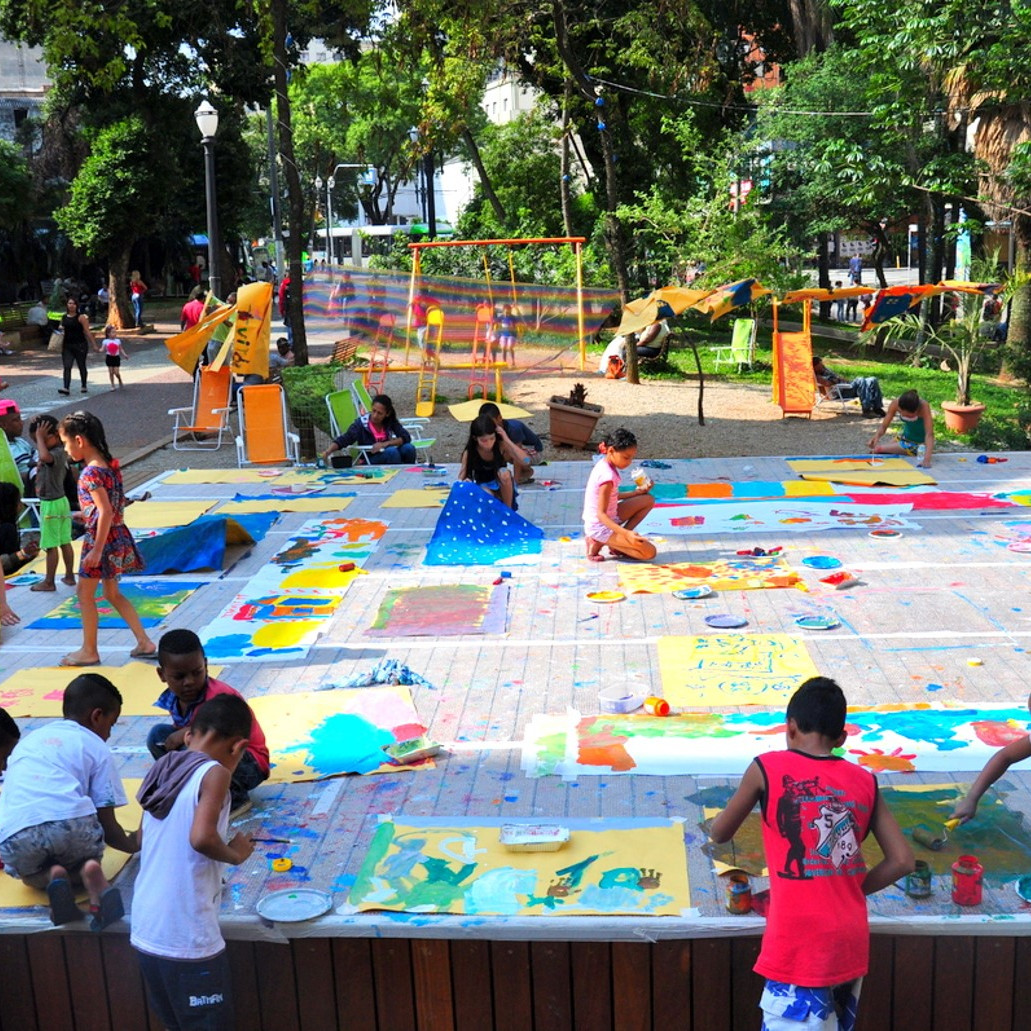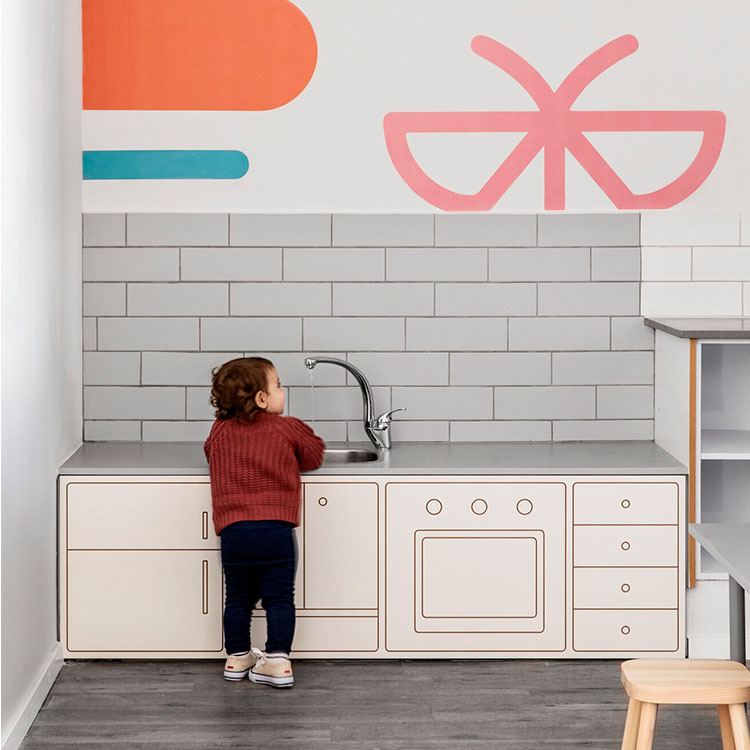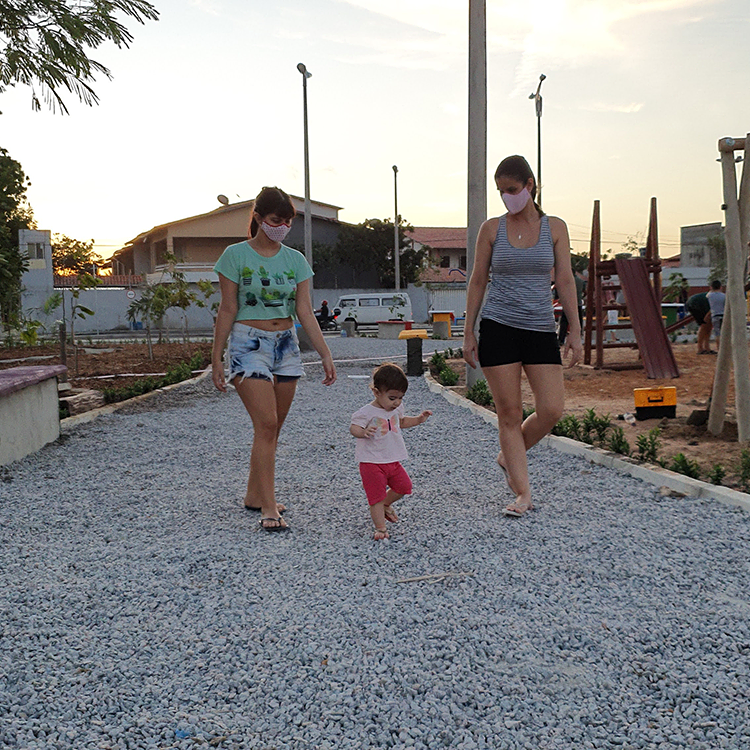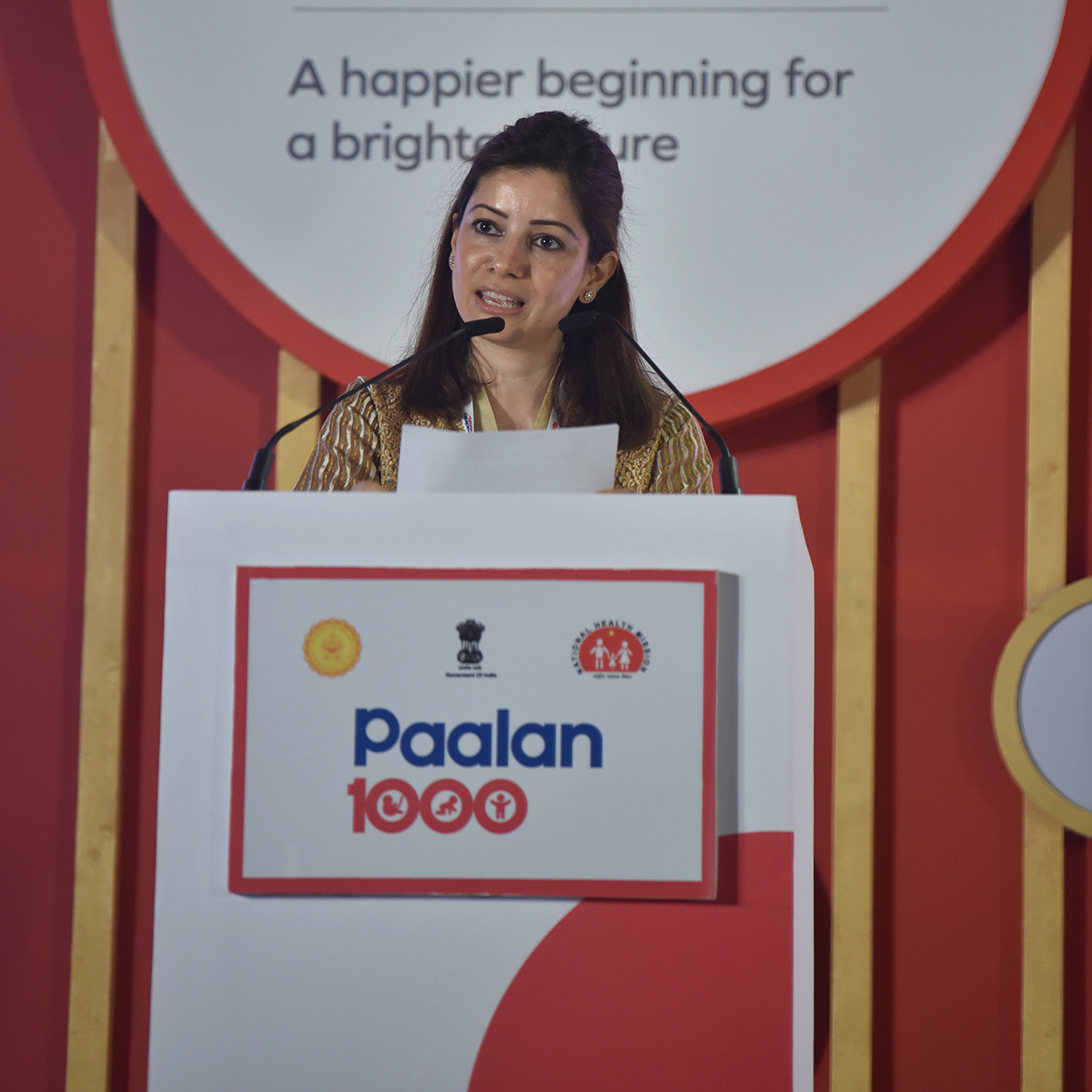Under the theme of “reconquering public space”, Placemaking Latinoamérica was held from November 6th to 10th in Valparaíso, as part of the XX Chilean Architecture Biennale, an international meeting of “urban citizen innovators”. Since the first in Detroit in 2013, placemaking leadership forums have been held in cities around the world. This year has seen events in Amsterdam and Nairobi, and the event in Valparaíso was the first in a Latin American city. It was organized by Espacio Lúdico in association with Project for Public Spaces, Avina Foundation , UN-Habitat and the Civic Wise community.
The concept of “placemaking” means reimagining, reinventing and collectively reclaiming public spaces in accordance with the needs and dreams of the community, sharing and facilitating the creative use of common spaces (neighbourhoods, parks, squares, streets, public buildings) that contribute to people’s coexistence, well-being and happiness.
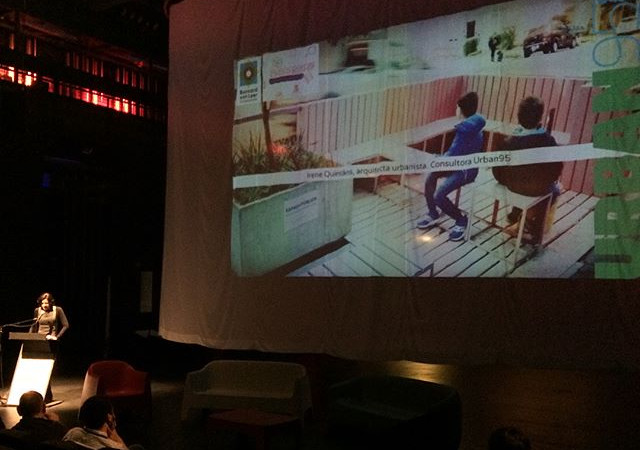
The meeting in Valparaíso was an occasion to discuss and debate the placemaking movement in Latin America. The importance of children as urban citizens was the main topic in many presentations. I had the opportunity to present the Foundation’s Urban95 strategy to placemaking leaders and city makers from countries including the USA, Australia, Argentina, Brazil, Chile, Colombia, México, Perú and Venezuela who are interested in researching, thinking, learning, creating and experiencing alternatives for using public spaces and cities.
Before explaining the main Urban95 guidelines and the concept of the “child priority zone”, I issued a challenge: does anybody know what “poverty of time” means? No-one raised a hand. When we think about placemaking, about nice urban spaces, are we aware of the lack of parental time? Who has the privilege to have personal time? Who is going to enjoy our urban spaces? Basically, people who can have leisure time. Vulnerable families have little. And, if they have, there are only limited options.
The urban environment has a deep impact in the first 1,000 days of life, especially within the first year. Urban design affects our relationship with the city, our happiness and health, our fears and perceptions.
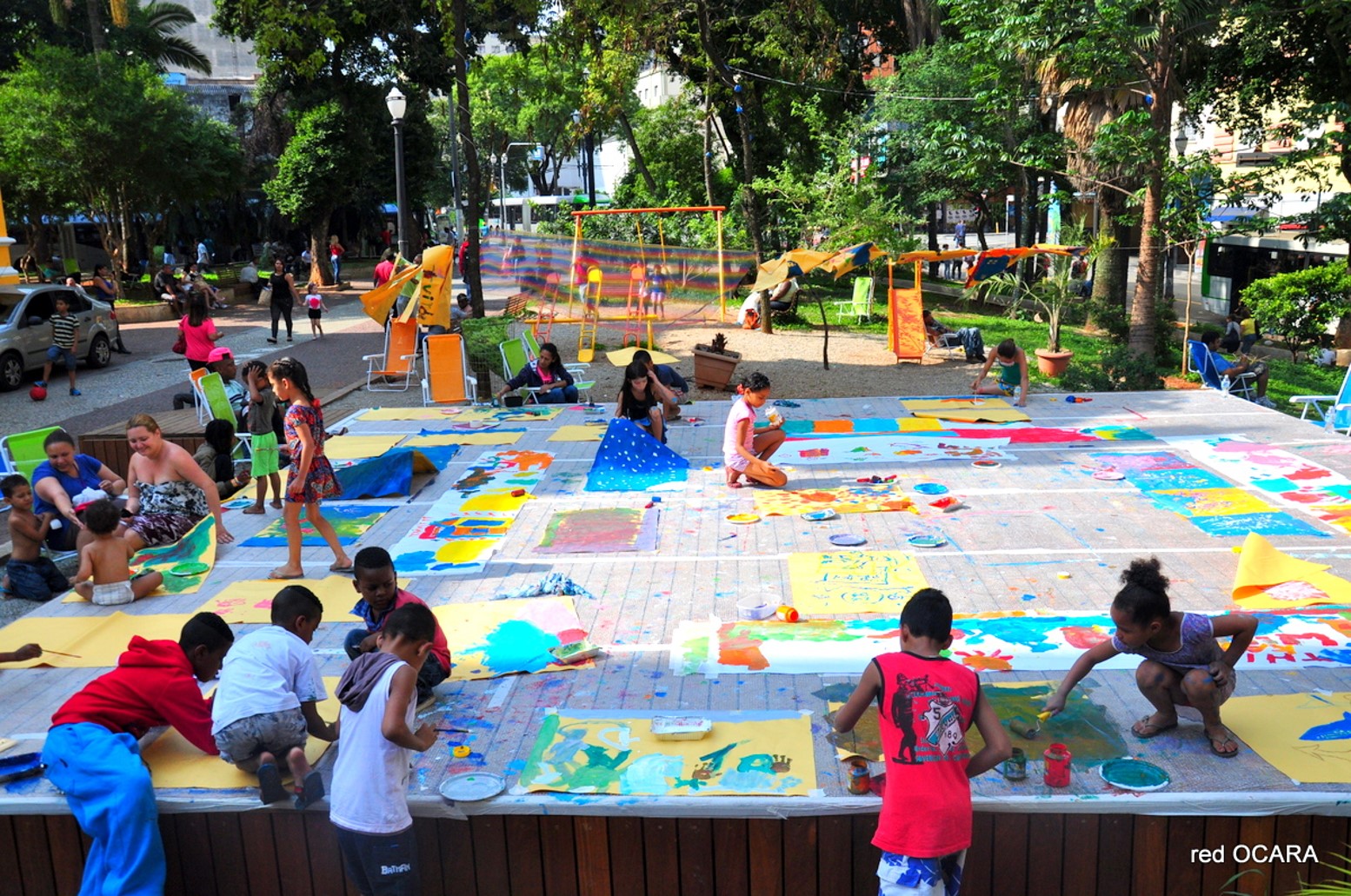
A placemaking action I carried out in São Paulo in 2015, with children of squatters in downtown buildings, who lack freedom and space to play: the project’s 8m x 8m wooden deck was designed by Jan Gehl.
I enjoyed meeting Ethan Kent from Project for Public Spaces, who gave a great lecture about placemaking, and engaging him in discussion about Urban95 – one of many fruitful informal chats during the event. Project for Public Spaces has 40 years experience helping citizens to transform their public spaces into vital places that highlight local assets, spur rejuvenation and serve common needs.
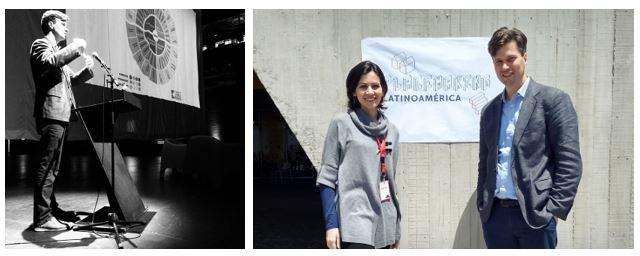
We had plenaries, sessions, workshops and field visits (called “urban drifts”) in a beautiful city. Yet the big question remains: what needs to be done with urban spaces to promote people’s happiness? Let us think together about this: putting children first should be our highest priority.
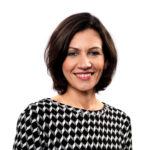 Irene Quintáns worked in the Barcelona City Council and in the SEHAB – Municipal Housing Secretariat in São Paulo (specially focused on the Slum Upgrading Programme awarded by the UN – Scroll of Honor 2012). Urban planning consultant, specialized in projects and educational networks related to urban issues, with a strong attention on children and youngsters. Founder and director of OCARA Network, a Latin American network for the exchange of experiences and projects on city, art, architecture and urban space with children. Since 2016, she is working as a consultant for developing Bernard van Leer Foundation`s Urban95 strategy in Latin-America and joined the Harvard`s Executive Leadership Programme on Early Childhood Development in 2017.
Irene Quintáns worked in the Barcelona City Council and in the SEHAB – Municipal Housing Secretariat in São Paulo (specially focused on the Slum Upgrading Programme awarded by the UN – Scroll of Honor 2012). Urban planning consultant, specialized in projects and educational networks related to urban issues, with a strong attention on children and youngsters. Founder and director of OCARA Network, a Latin American network for the exchange of experiences and projects on city, art, architecture and urban space with children. Since 2016, she is working as a consultant for developing Bernard van Leer Foundation`s Urban95 strategy in Latin-America and joined the Harvard`s Executive Leadership Programme on Early Childhood Development in 2017.
